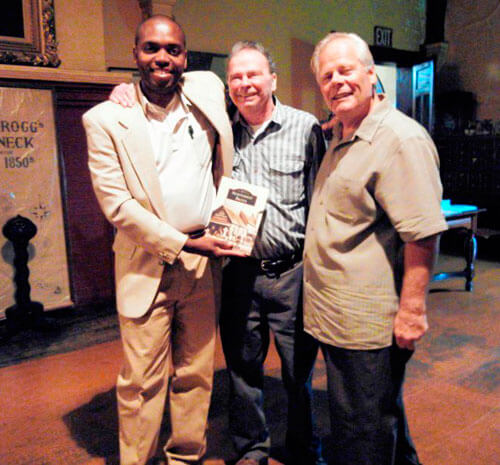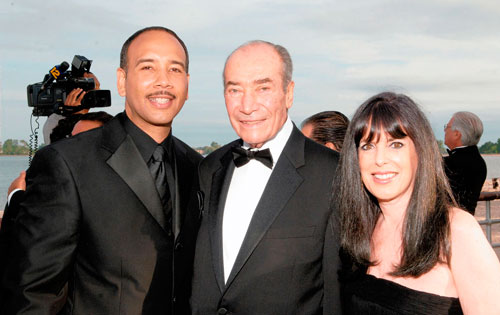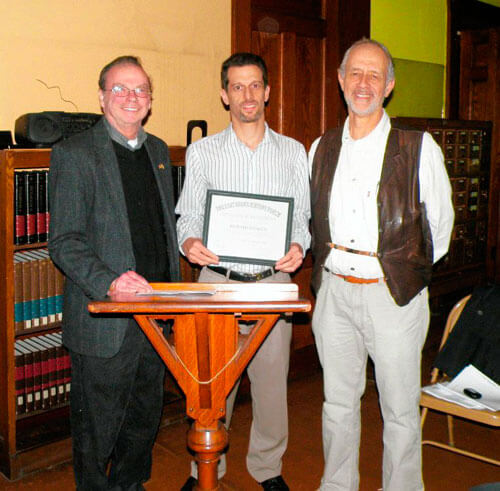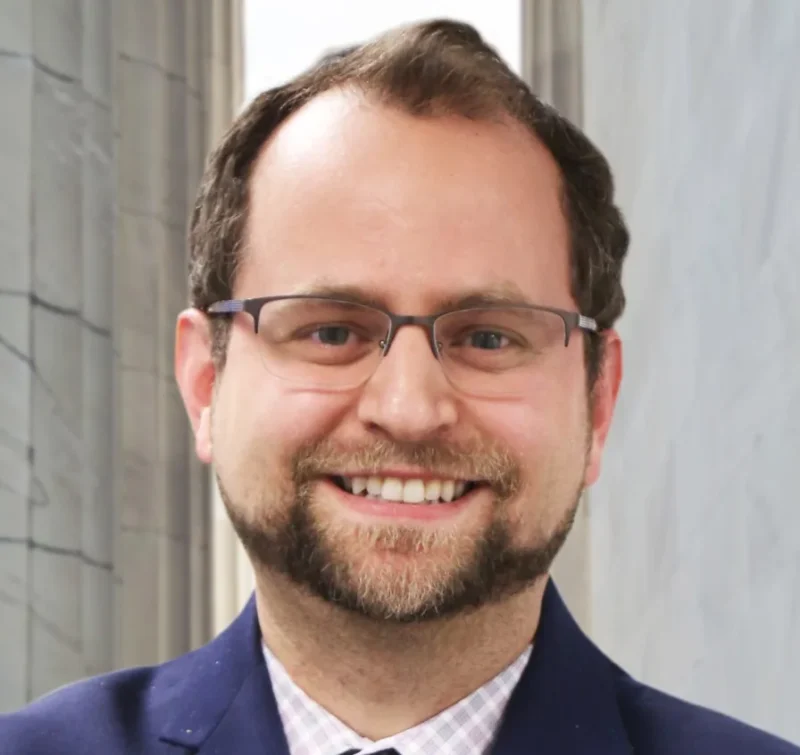A historian with interests in local African American history and the Bronx River has passed away.
Bronx historian and environmentalist Morgan Powell died on Thursday, October 9 at the age of 40. The cause of his death is under investigation.
Friends of the beloved activist and educator held a remembrance gathering in Powell’s honor at Andrew Freedman Home on the Grand Concourse on Tuesday, October 28.
A group of friends are raising money to purchase a burial space at Woodlawn Cemetery, said Raphael Schweizer, one of the leaders of Bronx Park East Neighborhood Association.
Powell was someone who was passionate about the Bronx’ past and the Bronx River and its ecology,” said Schweizer.
He would give free walking tours of the river, as well as sites in Bronx Park East and Allerton near where Powell lived, for the public.
“Everything he did, he did for the purpose of bringing out knowledge of the people and the natural landscape of the Bronx, and he did it all for free,” said Schweizer, who added that Powell was also passionate about getting people to appreciate nature in an urban setting.
“I would say his tours were a refreshing addition to the cultural vibrancy and educational endeavours in the community,” he said, noting that Powell’s efforts brought people together, added vital knowledge, and should be continued.
Also mourning the loss was Mike Gupta, who stated that Powell’s tours “highlighted the untold story of African Americans around the Bronx River.”
“Whether through the Bronx River Alliance or the organization he founded, Bronx River Sankofa, he drew many people to his many walking tours and lectures,” stated Gupta. “One example was his walking tour in March 2011 that drew more than a 100 people to it.”
Powell also work worked with Fordham University on their Bronx African American History Project, stated Gupta.
What made Powell fairly unique, said fellow local historian Thomas Casey, was the Powell focused on the early African-Americans in the Bronx. In doing so, he delved into subjects like slavery, which existed in New York and in the places that became the Bronx, before slavery was abolished in the state for good in 1827, explained Casey.
“I visited with him a few times and shared my research on African-American history, and the way I looked it, he was going to be the person who was going to take over that particular subject and run with it,” said Casey, adding that Powell was enthusiastic about continuing existing research and adding to it. He was trying to mentor Powell.
Other scholars have sought to collect local oral-history of contemporary African-Americans in the Bronx, but while Powell enjoyed researching all eras he was particularly focused on the 19th and very early 20th centuries, said Casey.
Powell would bring joy to every type of event, had much positive energy and a welcoming smile, and could be described as ‘the life of the party,’ added Casey.
Another friend added that Powell was unique.
“Morgan Powell was a person like no other, and had a passion that will never be matched ever again,” stated Gupta.
























